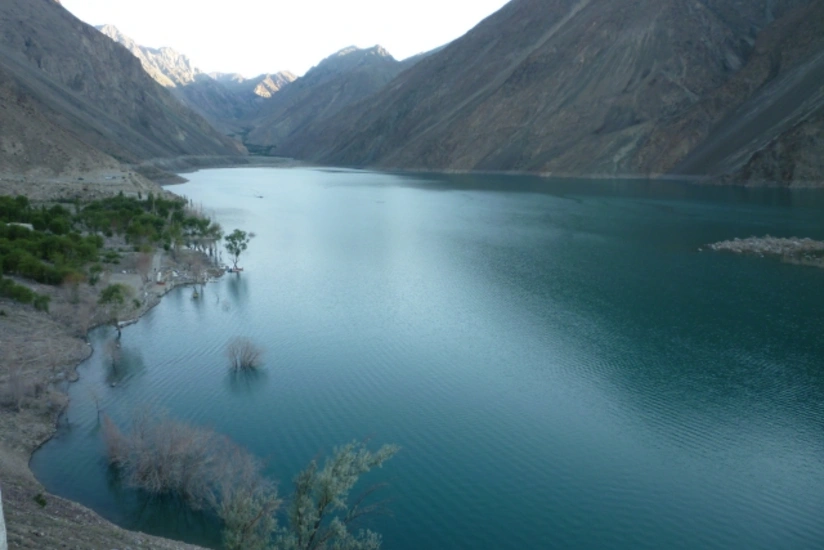Media: India seeks to use confrontation with Pakistan to withdraw from Indus Treaty
- 01 May, 2025
- 20:28

Nuclear weapons-possessing neighboring states - India and Pakistan are on the brink of a real war, and many experts have already answered the question of what New Delhi really wants to gain from the current situation. This is a permanent withdrawal from the Indus Water Treaty (IWT), which was immediately suspended after the terrorist act in Pahalgam, Report informs.
Business and economy journalist Khurram Husain wrote about this in his article published by the Dawn e-paper.
According to Khurram Husain, India's unilateral and illegal withdrawal from the treaty will create serious consequences for Pakistan in the long term. He noted that India's withdrawal from the treaty is equivalent to illegally declaring the river water as its own property.
According to Husain, withdrawing from the agreement has been India's long-standing desire. They have taken the main step by using this crisis as a distracting maneuver.
India first emphasized its desire to withdraw from the agreement in 2016, after the Uri attack, when Prime Minister Narendra Modi said that "blood and water cannot flow together."
"That statement was a trial balloon, and as it turned out, the first of a series of steps India took towards laying claim to the waters of the Indus river and the two western rivers that the treaty has given to Pakistan," the author wrote.
The second major step came in 2019. The real response to the attack in Pulwama did not come 11 days later in Balakot, as is commonly believed. The real response came in August 2019, in the form of a presidential ordinance that illegally absorbed Indian-occupied Kashmir into the Indian federation, effectively revoking Article 370 of the Indian constitution. This was coupled with the passage of the Jammu and Kashmir Reorganisation Act, 2019.
According to Husain, India has been preparing the ground for withdrawal from the IWT for a long time. By changing or canceling land acquisition laws in Kashmir, it caused a surge in project investments in the disputed territory, with the ministries of railways, transport, defense, civil aviation, and energy acquiring territories there after the 2019 changes.
In January 2023, amid ongoing Pakistani opposition to the Ratle project and the continuing dispute over the Kishenganga project, India finally sent a notification to Pakistan, citing a far-reaching "fundamental change of circumstances" surrounding the treaty and stating that it no longer reflects current reality. In August 2024, it repeated the same argument.
Now Pakistan faces the difficult task of forcing India to return to its obligations under the IWT, the author noted.
"This time we cannot afford to spend years before waking up to the real weight and importance of what India has done, under the cover provided by the sound and fury of the stand-off. In 2019, India took the disputed territory of Jammu and Kashmir and illegally claimed it as its own. Now it has done the same with the waters of the Indus river system, which by all rights belong to Pakistan," Khurram Husain concluded.
